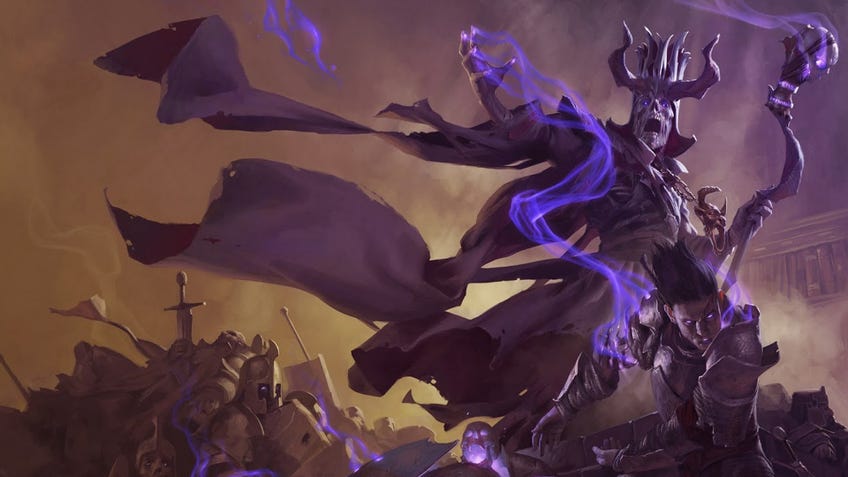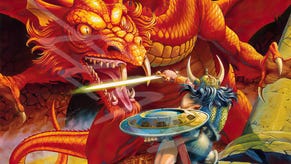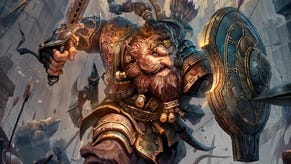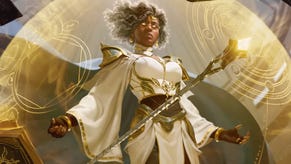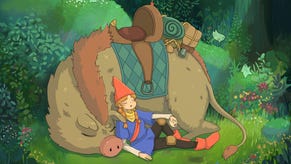Dungeons & Dragons tosses out One D&D label but struggles to define next chapter.
Just don't call it 6th Edition.
Stop calling Dungeons & Dragons’ next phase ‘One D&D' because that term was apparently never meant to stick. The popular tabletop RPG is dealing with a bit of an identity crisis ahead of a new trio of core rulebooks due sometime in 2024 - the game is changing, but Wizards of the Coast seems allergic to calling it a new edition.
According to a recent Polygon article, Wizards marketers and designers told press at a private gathering that One D&D did not arise from the design team, nor was it ever anything more than an internal codename. That didn’t stop the moniker from appearing on a splashy reveal video, marketing images and promotional material when the company announced D&D’s next chapter in 2022.
Nathan Stewart, vice president of marketing at Wizards of the Coast, reportedly said One D&D referred to the company’s integration of physical and digital access via the recently acquired - and increasingly emphasised - D&D Beyond platform and online store.
So, what name did ‘One D&D’ muscle out? That’s part of the problem with the massive tabletop brand’s next generation of rulebooks - there doesn’t seem to be a definitive title. Part of that is by design, as lead designer Jeremy Crawford reportedly told press at the event. D&D editions have historically marked massive creative pivots and changes to how the game is played and caused a resulting rift in the playerbase (ask anyone about 4th Edition).
Wizards of the Coast wants to avoid fracturing its massive audience this time around, and has thus avoided any official use of the word ‘edition’ like a crowded brunch circa late 2020. Fifth Edition isn’t going anywhere, it’s just changing enough to warrant the publication of three new books (that will be sold at a higher price point). Next year will welcome the arrival of the Dungeon Master’s Guide (2024), which will exist alongside the Dungeon Master’s Guide (2014) instead of replacing it. D&D’s ongoing compatibility across all 5E books seems a paramount concern to the company.
Think of it like a live service video game, which releases content patches with version numbers - V1.24, for example - and sometimes big branded names. Sometimes those versions fix small but critical bugs, but sometimes they drop a boat load of new content into the game’s environment. It’s still effectively the same game with the same name and brand recognition, no matter what’s being created under the hood.
Whether this proves a healthy way to manage a tabletop RPG series remains to be seen. What will ‘5th Edition’ mean once it eventually morphs beyond the collection of rules and concepts that has defined D&D’s last decade? Between the explosion in popularity prior to and certainly after the pandemic, and the OGL fiasco earlier this year, D&D is remarkably different from the RPG released in 2014. Wizards of the Coast’s wobbly attempt to walk the tightrope between ‘new product’ and ‘same brand you love’ creates an interesting crisis of identity.
One D&D is dead, long live, uh… *checks card* anything but One D&D.
